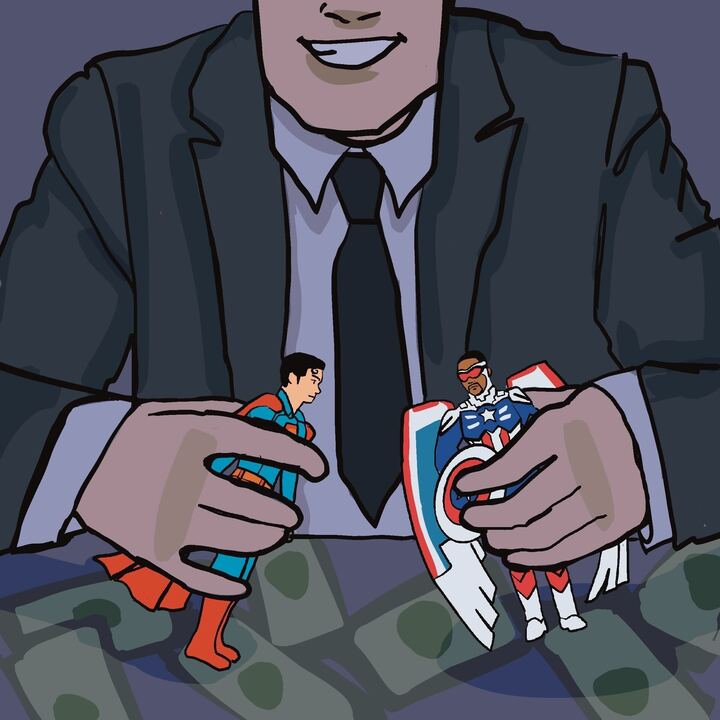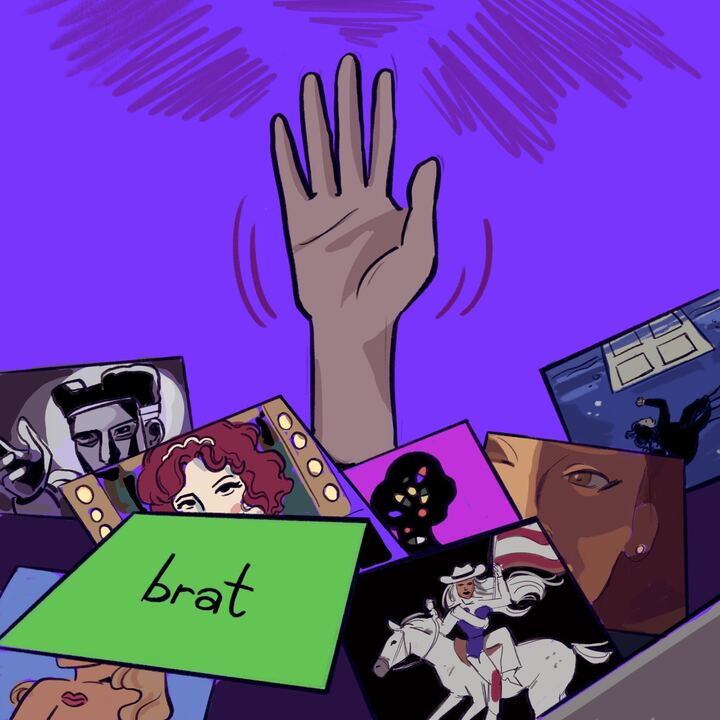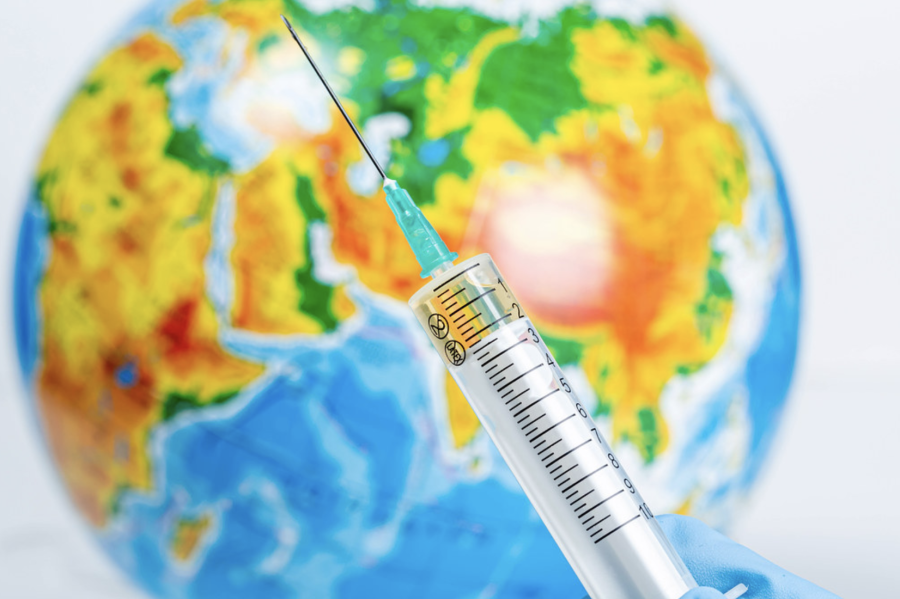
We’re lucky to live in the Information Age. With just one click, we can connect to the Internet and the vast wealth of knowledge and information that comes with that privilege — but there is a cost. For some, that ease of access is an egregious and exhausting exacerbation of problems they already have in their offline lives due to the actions of others, namely in the form of bullying.
The most notable victim of what we have since dubbed “cyberbullying” is, of course, Monica Lewinsky, more commonly known as “That Woman” or the girl under Bill Clinton’s desk.
In 1998, Lewinsky, then 22, fell in love with her boss. In not an unusual story of power-dynamics-meets-sexual-tension, the pair entered a sexual relationship. Unfortunately for Lewinsky, her boss happened to be the most powerful man in the world: the president of the United States.
Whether a lapse in judgment, a moment of weakness or just being 22 was to blame, no one deserves the public shame with which Lewinsky was bombarded.
Just last week, Lewinsky gave a powerful talk at the TED2015 conference in Vancouver, British Columbia. Her talk, which retold her struggle of being the first in a wave of people publicly humiliated and commoditized by the media, gave voice to the voiceless. One of her examples, Tyler Clementi — a college student whose roommate surreptitiously recorded him having intimate relations with another man — killed himself as a result of the public shaming and humiliation he faced both in-person and over social media.
The digitization of shame is not infrequent, either. Ever quick to jump on controversy and turn it into a made-for-TV movie or show, ABC Family produced “Cyberbully,” a movie focusing on the contemporary culture of teen shaming. The movie is believed to be partially based on the real-life story of Megan Meier. She was a teenager who committed suicide after another girl, the girl’s mother and the mother’s employee posed as a boy on social media, flirted with Meier and then scorned her.
Lewinsky pointed out the not-so-shocking correlation between cyberbullying and suicide, especially among teenagers, where suicide is the third leading cause of death. She noted she’s still surprised she is alive today.
As a nation, we’re the ones who should be ashamed. The shaming climate never stops: We have paparazzi, the #TheFappening (Sony leaks of celebrity nudes) and revenge porn websites. Each year, we are consuming media depicting the shame and humiliation of others, and we contribute to lining the pockets of those who are willing to sacrifice the mental health and lives of others for their own monetary benefit.
Although laws are being made to prevent the exposition of leaked nudes, such as those from Sony or from the Snapchat third-party leak last year, many others are advocating for their right to post naked pictures of their exes on the Internet for money. Society is cashing in on being an asshole.
I agree with Lewinsky that only compassion for others can prevent a rise in suicides and depression as a result of Internet shaming and bullying.
The Internet is here to stay. But even though your parents warned you about posting anything on your Myspace you didn’t want to stay on the Internet forever, there shouldn’t be an expectation of exploitation.
Lewinsky is a positive example of resiliency, but she is not the norm. We’ll never be able to stop the theft of intimate details or the subsequent exploitation of stolen materials, but we can and should refuse to participate in their consumption.
If we could all go back to kindergarten and treat others how we want to be treated, that’d be great.
_______________
Nick Havey is a junior studying physiology and Spanish. Follow him on Twitter.








